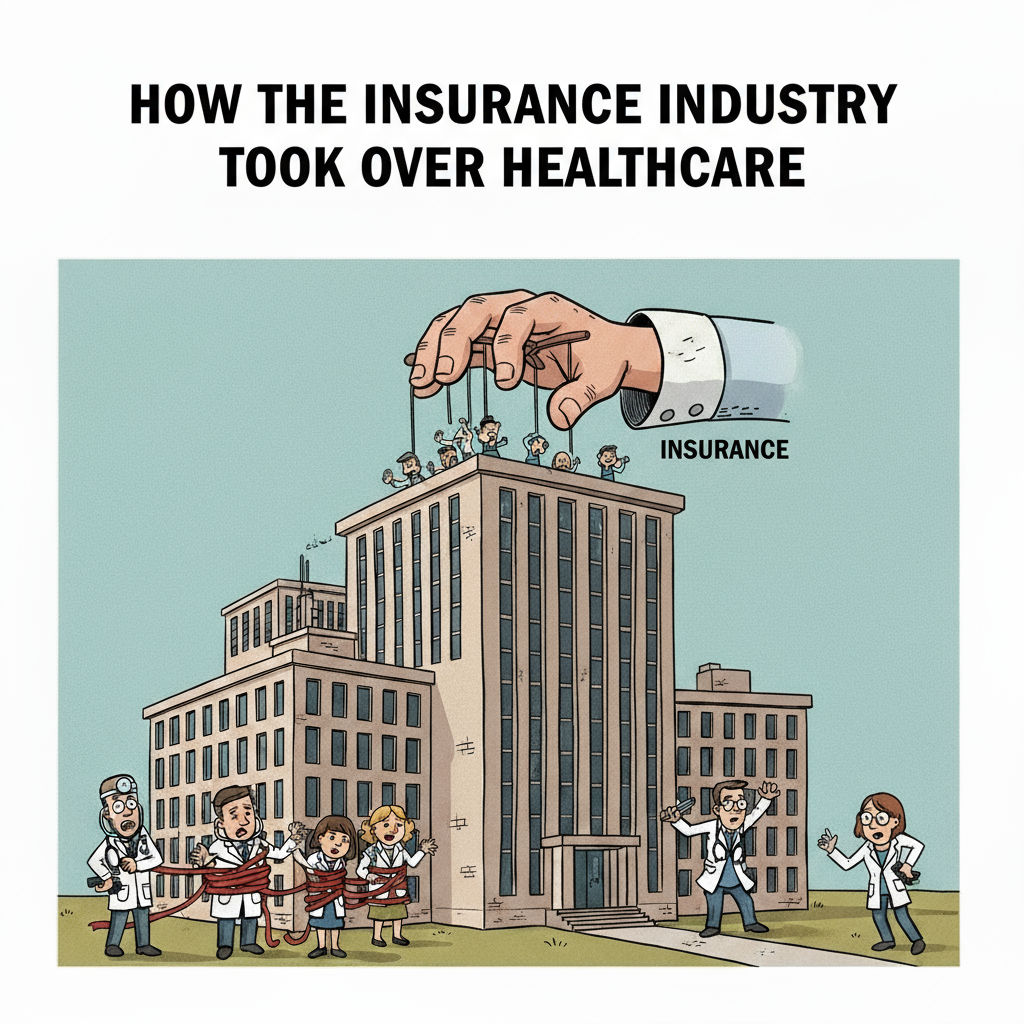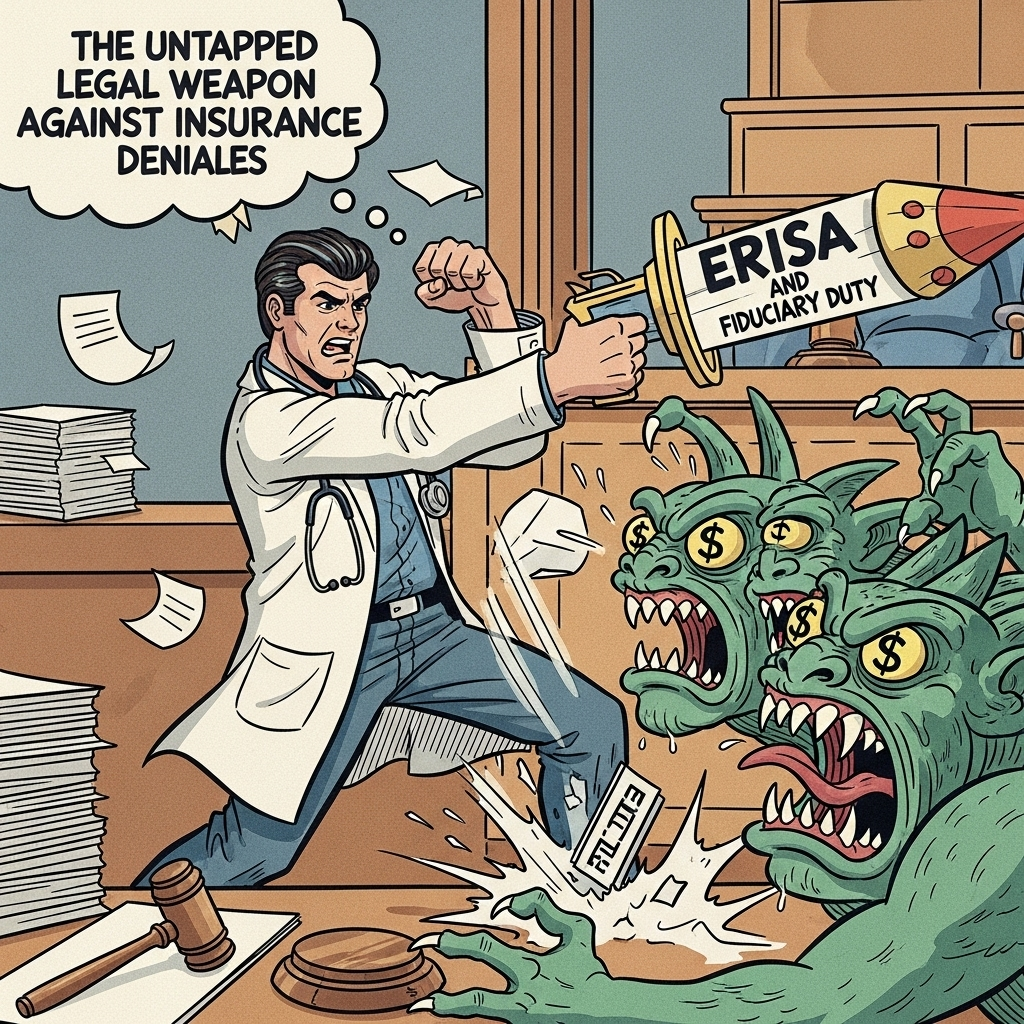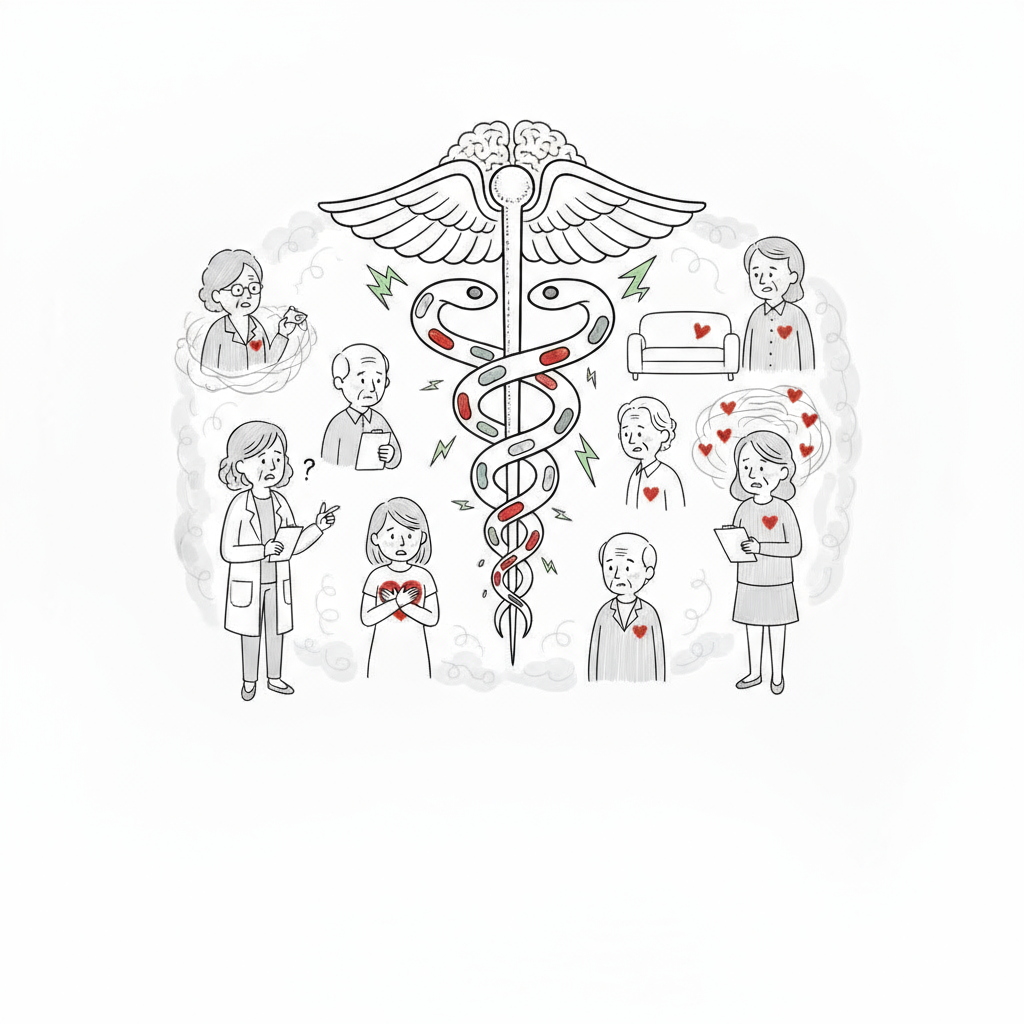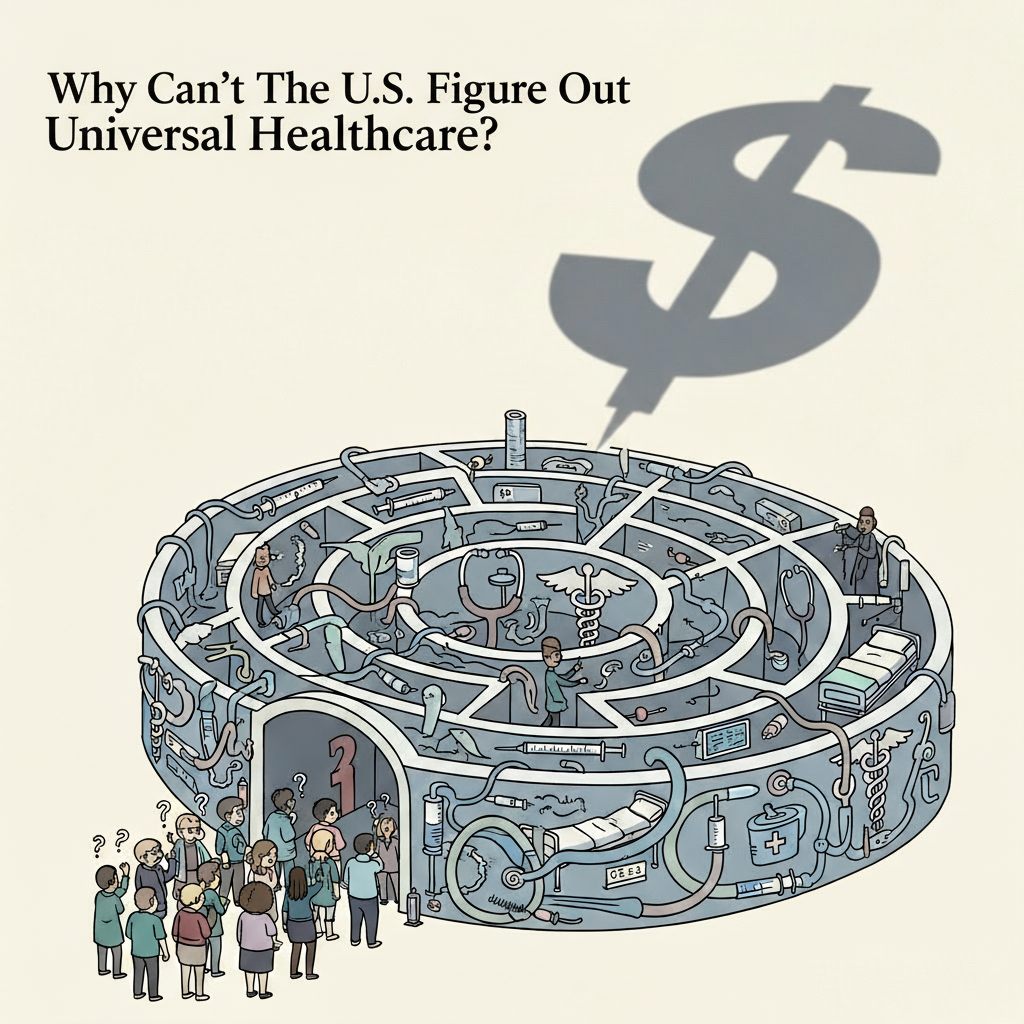
How the Insurance Industry Took Over Healthcare (and Why Doctors Are Losing Control)
Doug Jorgensen
February 27, 2025
Introduction: From Decision-Makers to Data Points
There was a time when the most important conversation in healthcare happened between a patient and their doctor.
Treatment decisions were based on medical judgment, patient needs, and available resources—not an insurance algorithm.
But over the last few decades, something has shifted.
Insurers have gone from paying for care to controlling care.
And physicians—once the undisputed captains of the ship—are now often just one voice in a crowded room of corporate decision-makers.
How the Shift Happened
1. Consolidation of Insurers
A handful of large insurers now dominate the market. With fewer competitors, they dictate the terms of provider contracts—reimbursement rates, prior authorization requirements, and formularies—on a take-it-or-leave-it basis.
2. The Rise of Managed Care
Originally marketed as a cost-control measure, managed care became a lever for insurers to insert themselves into clinical decision-making.
Providers found themselves needing approval for tests, procedures, and even medications they were qualified to prescribe.
3. Data Over Judgment
Insurers leaned heavily into claims data, using it to create rigid “evidence-based” protocols. While evidence-based medicine is essential, it was never meant to override individual patient needs.
The Tools of Control
Prior Authorizations
Once reserved for unusual or experimental treatments, they’re now required for common imaging, routine medications, and basic therapies—turning every prescription into a potential paperwork battle.
Narrow Networks
Insurers restrict access to certain providers and facilities to leverage better rates, limiting patient choice and forcing care into controlled channels.
Payment Models That Punish Complexity
Flat-fee or bundled payment models often fail to account for the realities of complex, multi-condition patients, discouraging providers from taking them on.
The Impact on Physicians
- Erosion of Autonomy – Non-clinical staff, or even clinicians outside of the specific field, frequently second-guess clinical expertise.
- Increased Administrative Burden – Hours each week are spent appealing denials, justifying decisions, and navigating insurer systems.
- Burnout – Many physicians feel they no longer practice medicine, but instead “practice insurance compliance.”
The Impact on Patients
- Delayed Care – Waiting days or weeks for insurer approval can allow conditions to worsen.
- Limited Options – Narrow networks and formulary restrictions can mean fewer choices for treatment.
- Distrust in the System – Patients sense when their doctor’s hands are tied, eroding the trust essential to good care.
The Bigger Problem: Misaligned Incentives
The insurer’s business model depends on collecting premiums and paying out as little as possible in claims.
This makes medical expenses—your care—a “loss” on their balance sheet. The less they pay, the more they profit.
It’s a structure that inherently pits insurer interests against both provider and patient needs.
What Providers Can Do
- Document Relentlessly – Detailed clinical rationales make denials harder to justify.
- Educate Patients – A well-informed patient is more likely to push back on their insurer.
- Leverage Peer-to-Peer Reviews – Speaking directly with an insurer’s medical director can overturn inappropriate denials.
- Join Advocacy Efforts – Push for laws that limit prior authorizations and mandate transparency in coverage.
Final Thoughts: Reclaiming the Conversation
If providers want to regain control of patient care, they must take back the conversation—from the exam room to the legislative chamber.
The insurance industry may hold the purse strings, but physicians still hold the public’s trust. And in healthcare, trust is power.
The question is whether we’ll use that power to push back—before the last word in patient care is spoken by someone who’s never met the patient.
About the Authors
Douglas J. Jorgensen, DO, CPC, FAAO, FACOFP
Dr. Doug is a physician, consultant, and national educator on healthcare policy and regulatory compliance. He works with providers nationwide to navigate insurer barriers while preserving clinical autonomy.
Dr. Cris is a retired cardiothoracic surgeon who recently graduated from law school and passed the FL Bar Exam. He is interested in returning medicine to the practice common when his father and grandfather practiced as surgeons.


